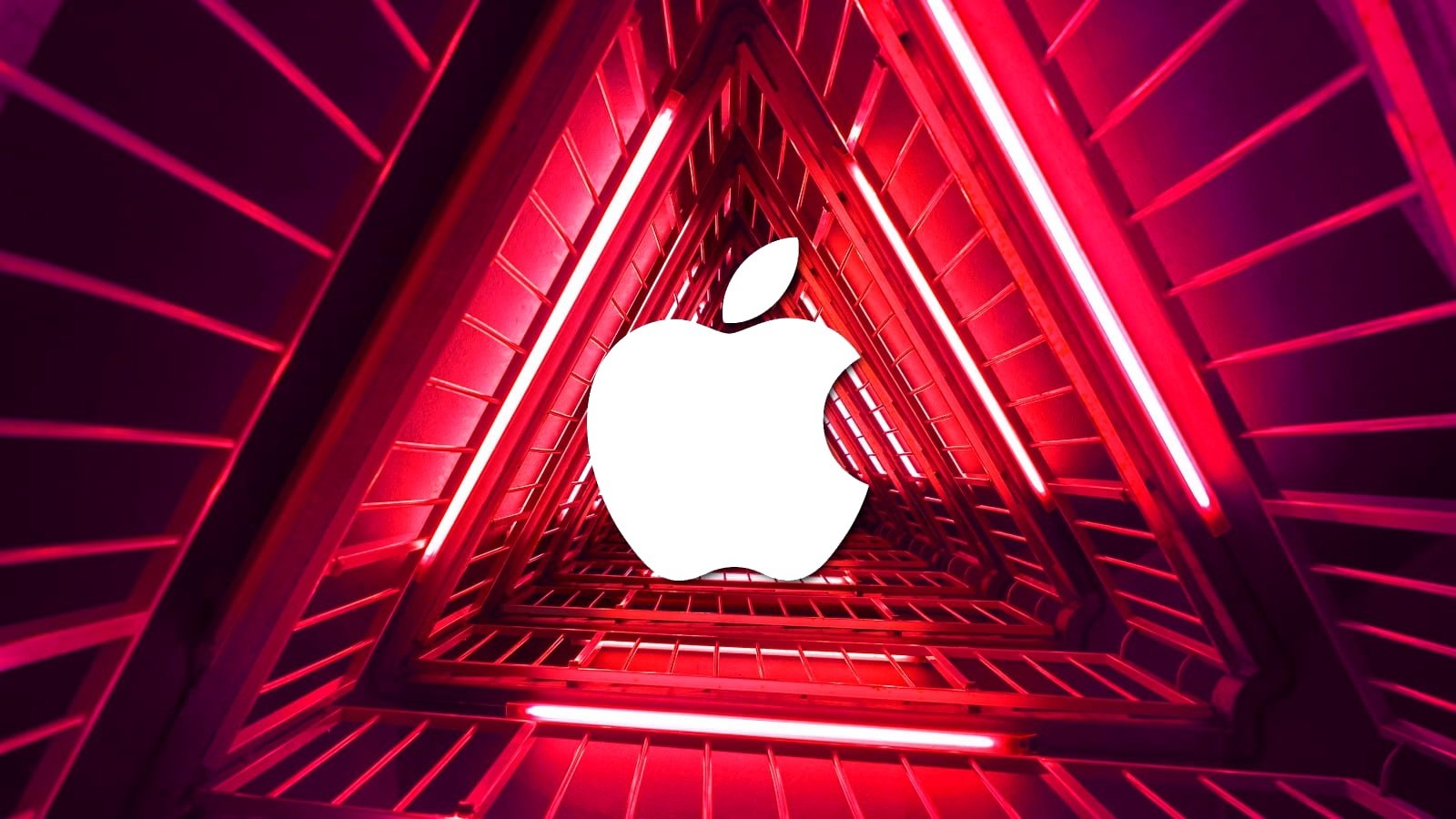August has seen a flurry of patches released by technology giants like Microsoft, Google Chrome, and Firefox to fix serious vulnerabilities. These patches are crucial as some of the flaws are already being exploited in attacks. While there was no iPhone update from Apple, major fixes were released for enterprise software, including Ivanti, SAP, and Cisco. Microsoft's Patch Tuesday fixed numerous vulnerabilities, including ones being actively targeted. Google Chrome also issued updates, addressing high impact flaws in V8 and WebRTC. Firefox patched various vulnerabilities, some of which could lead to arbitrary code execution. Lastly, Google patched several critical vulnerabilities in its Android operating system, including RCE issues in System and Media Framework.
Apple released updates for macOS 13.5.2, iOS 16.6.1, iPadOS 16.6.1, and watchOS 9.6.2, addressing security vulnerabilities that could be exploited by hackers, urging all users to install the updates as soon as possible.
Two zero-day vulnerabilities, CVE-2023-41064 and CVE-2023-41061, were exploited by NSO Group's Pegasus spyware to infect fully-patched iPhones running iOS 16.6 via PassKit attachments containing malicious images, prompting Citizen Lab to urge Apple users to update their devices and activate Lockdown Mode.
Apple devices are vulnerable to a zero-click, zero-day vulnerability that allows the delivery of Pegasus spyware, even on the latest iOS version, with the exploit being referred to as BLASTPASS by researchers at Citizen Lab who collaborated with Apple on addressing the issue.
Apple has issued security updates to fix two zero-day exploits that could be used by attackers to steal cryptocurrency, prompting the CEO of Binance to urge users to update their devices immediately.
Apple has released iOS 16.6.1, an emergency update for iPhones, to fix two serious flaws that have been actively exploited by attackers to deliver spyware without user interaction.
Apple has urged iPhone users to update their operating systems due to a new security breach exploited by Israeli NSO's Pegasus spyware, causing concerns in Israel over potential backlash from the US.
The U.S. Cybersecurity and Infrastructure Security Agency (CISA) has ordered federal agencies to patch security vulnerabilities used in a zero-click iMessage exploit chain that infected iPhones with NSO Group's Pegasus spyware.
Google has released emergency security updates for Chrome to address a zero-day vulnerability (CVE-2023-4863) that has been exploited in attacks, urging users to update their browsers to prevent further exploitation.
Summary: Microsoft's September 2023 Patch Tuesday includes security updates for 59 flaws, featuring two actively exploited zero-day vulnerabilities.
Apple has released iOS 17.0.1 with three important security patches, addressing actively exploited vulnerabilities, including a kernel flaw, a signature validation bypass issue, and a WebKit vulnerability allowing arbitrary code execution.
The incomplete information provided by Apple and Google regarding critical zero-day vulnerabilities in their products has caused a blindspot, leaving numerous offerings from other developers unpatched.
Apple has released urgent security updates to patch vulnerabilities actively exploited, including flaws in WebKit, certificate validation, and kernel access, which were part of an exploit chain used to plant the Pegasus and Predator spyware.
Users of Apple's iPhone, iPad, Apple Watch, and Mac are being warned to update their devices immediately due to active and sophisticated spyware attacks targeting high-profile individuals, with the security update addressing three critical vulnerabilities.
Apple has released a new security update for iPhones, iPads, and other devices to protect against three vulnerabilities, following a previous update released earlier this month.
Google has released an emergency patch for a zero-day vulnerability in Chrome that was exploited by a commercial spyware vendor, and the vulnerability has been linked to the zero-click iMessage exploit chain used to deploy the NSO Group's Pegasus spyware on compromised iPhones.
Microsoft has released patches to address zero-day vulnerabilities in open source libraries that affect its products, such as Skype and Edge browser, but the company has not confirmed if these vulnerabilities were exploited or if they were aware of any exploitation.
Using a smartphone past its end-of-life date can pose serious security risks as manufacturers no longer provide security updates, making it easier for hackers to exploit vulnerabilities and access personal information.
A critical zero-day vulnerability in Cisco's IOS XE software, which allows attackers to gain control of affected systems, has been exploited in the wild, prompting Cisco to recommend disabling the affected feature on internet-facing systems.
More than 10,000 Cisco IOS XE devices have been compromised and infected with malicious implants by exploiting a critical zero-day vulnerability, allowing attackers to potentially monitor network traffic and carry out man-in-the-middle attacks.
